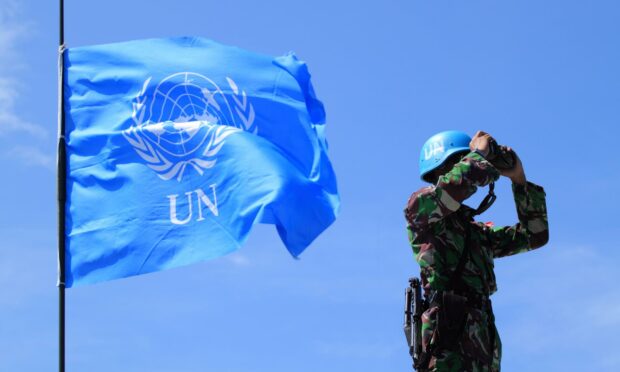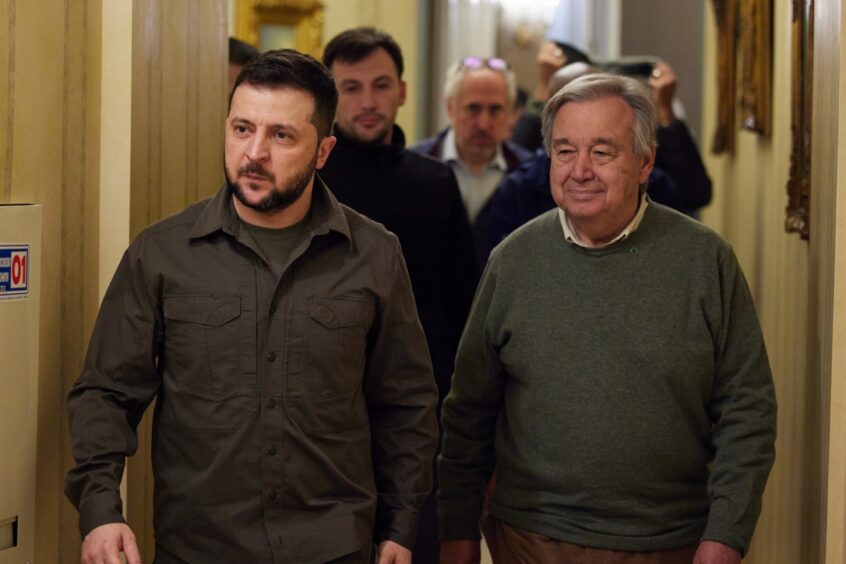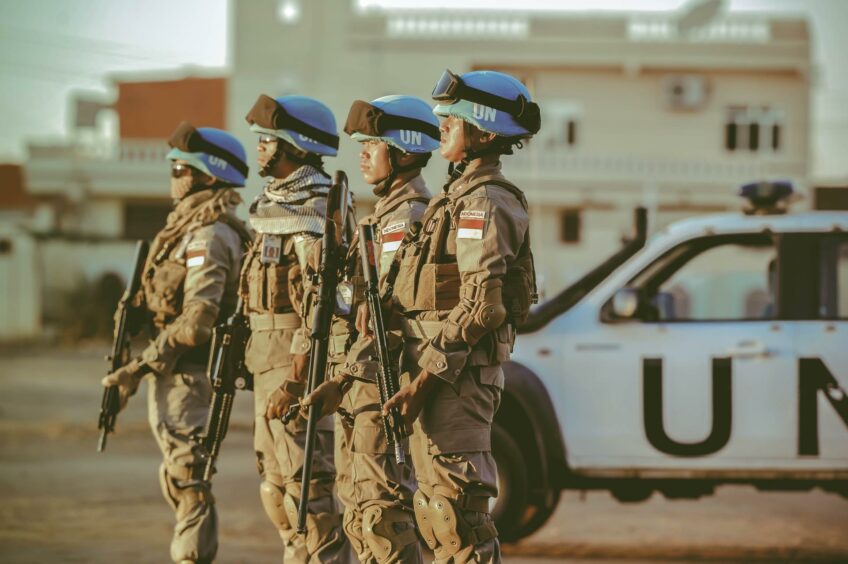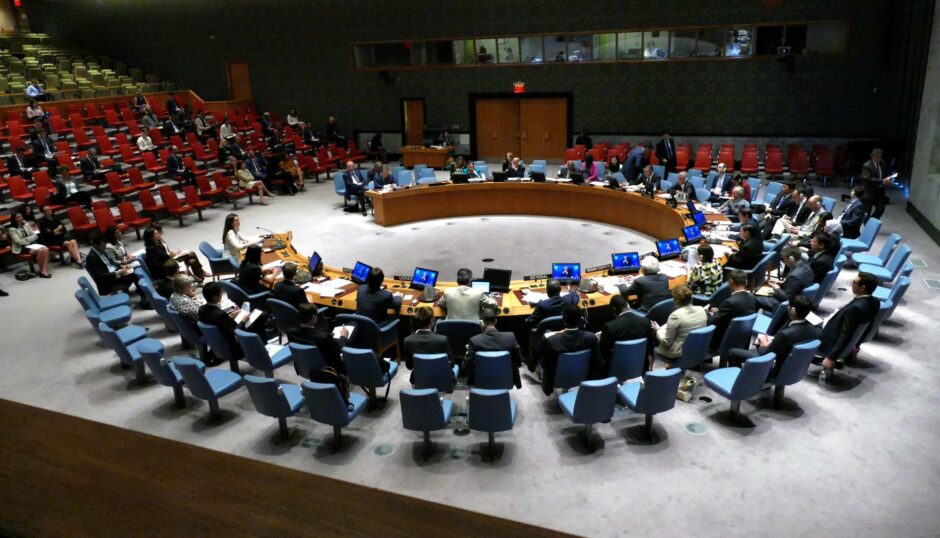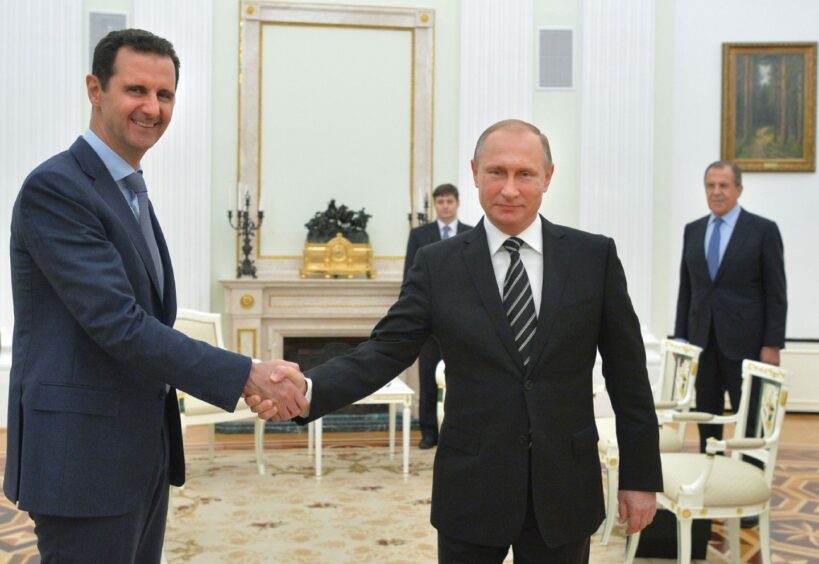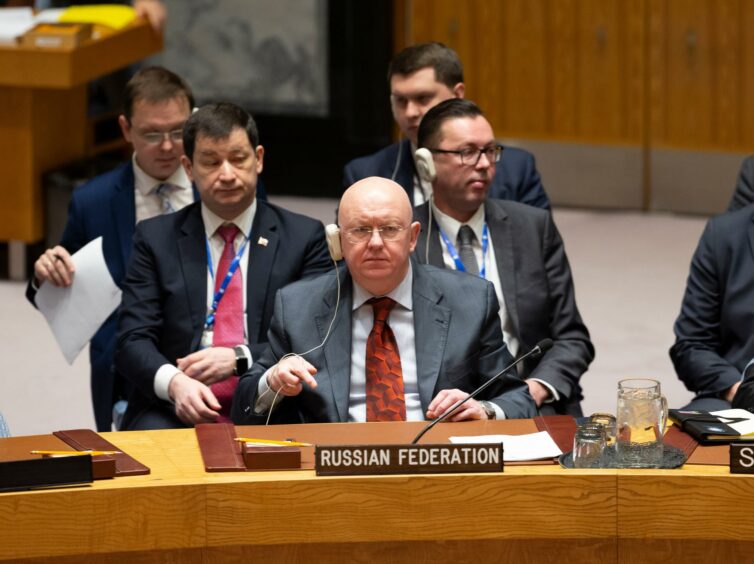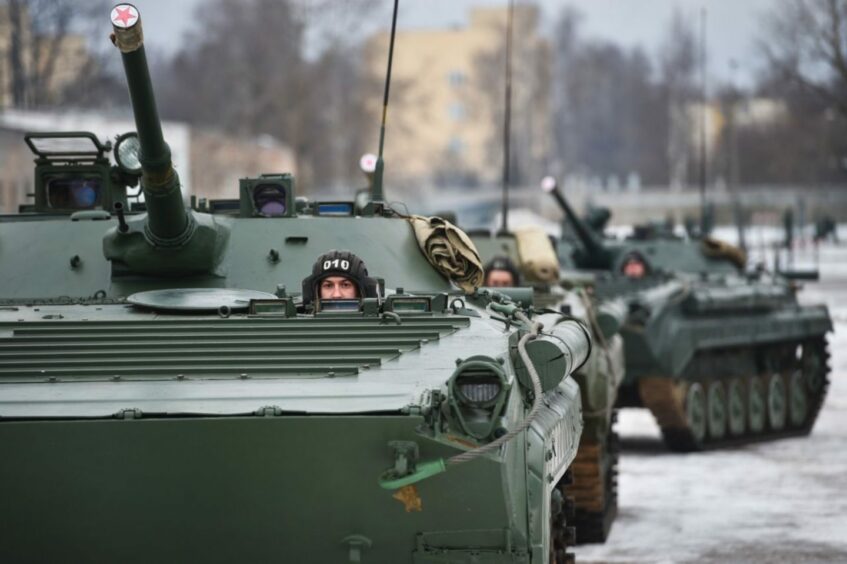The United Nations is an intergovernmental organisation, set up in 1945, replacing the rather inadequate League of Nations. It currently has 193 member states in its ranks.
Although it is based in New York, it’s classed as extraterritoriality, much like an embassy is in another country. Must be good news for countless visiting world leaders of unfriendly nations.
The UN has six main organs. The General Assembly, Security Council, Economic and Social Council, Trusteeship Council, the International Court of Justice and the UN Secretariat.
The current secretary-general is Portuguese diplomat Antonio Guterres.
What is the purpose of the UN? Basically, to stop bad things from happening. To prevent genocide, atrocities and to help when disaster strikes, be it caused by humans or environmental.
It also provides peacekeeping forces, which I’ve seen for myself in such places as divided Cyprus, and in Kosovo.
The UN has no doubt helped countless people the world over. It supplies life-saving humanitarian aid. I’ve seen it firsthand, I’ve been inside Syrian refuge camps in Iraq. Without such safe havens, many more would have died. This is the UN at its best.
However…
When it comes to conflict, while successes have been had, many remain unresolved. Divided Cyprus, Nagorno Karabakh, Transnistria, Kosovo, India/Pakistan, Israel/Palestine and many others.
The UN also failed to prevent genocide in Rwanda. And it failed to prevent genocide during the break-up of Yugoslavia to name but two.
Is it unfair to blame the UN for this? For sure, the UN was not the one doing the killing. However, its job through working with all nations was to do just that, to stop these things from happening.
We could call the UN the world’s police force. Yet with war and killing still on-going, some say that the UN has ultimately failed.
So why does it, on occasions, fail? Quite simply put, “politics”.
By that I mean individual countries who often have their own agendas.
The UN Security Council is arguably the most important or influential body in the UN. It is tasked with ensuring international peace and security. Its powers are huge. It can enact sanctions, and even authorise military action.
It consists of 15 members. Ten of which are elected on a regional basis every couple of years. The other five members are permanent members. They are the US, UK, Russia, China and France.
This body, be under no illusion, is super powerful. It basically decides what happens when conflict breaks out somewhere, ie do we get involved or not. And, each member has that ultimate weapon of power. It’s called the veto. And each country uses it to great effect, often, I believe, with the view of protecting its own “interests”.
It’s been said that the set-up of the Security Council does not reflect the world we live in today. We, Britain, no longer have an empire, we are no longer the world leading power we once were. Neither is France. Therefore, countries like, say, Japan, India, Brazil, South Africa, Canada, South Korea, may well ask, why are the UK and France still permanent members with that all-important veto?
President Assad’s murderous regime in Syria brutalised its own people. But while the west lost its bottle and dithered about action, the Assad regime was protected and ultimately saved by Putin’s Russia.
Countless hours are spent in detailed and passionate debate at the UN Security Council. A vote finally takes place and international action is asked for by numerous countries. But what happens? Russia uses its veto, and that’s it, dead in the water, and Assad walks.
In fact, Russia has used its veto numerous times regarding Syria on issues including condemnation of the bombing of Aleppo and ceasefires.
Russia annexed Crimea in 2014. It then held a widely disputed referendum and Crimea joined Russia. The UN came up with a resolution that would have declared the result invalid. But it didn’t pass. Why? Because Russia used its veto.
Take Russia’s recent invasion of Ukraine. There was a vote on a resolution to demand the immediate cessation and withdrawal of Russian troops from Ukraine.
The resolution failed. Can you guess why? Russia used its veto and blocked it. Try and get your head round that one – Russia, who invaded another country, had the legal power to veto the resolution that sought to condemn what it did. It’s beyond the realm of common-sense.
Surely this can’t go on? Surely if a country which has a veto, then invades another country, it cannot then be allowed to veto a resolution on that particular issue?
Think about it, it’s actually ridiculous, but it’s what happens time and time again.
It’s my view that the five permanent members have far too much power, especially when it comes to being allowed to veto actions against themselves. It’s not democratic in any way.
A single vote from one of the big five can block a resolution, even if the majority of others vote for said resolution.
Amnesty International went as far to say that the veto has been used by countries to “promote their political self interest or geopolitical interest above the interest of protecting civilians”.
According to what I’ve read, the UK has used its veto 32 times. The defunct USSR/Russia, 143 times, and today’s Russia is currently doing so more frequently than anyone else.
The UN, as I mentioned previously, has done immense good. However, the way the Security Council is set up, with its individual veto, makes me conclude that under its current system, it’s not fit for purpose.
The UN, in order to remain relevant in our ever-changing world, surely needs to change, or evolve.
Will that happen? I doubt it very much.
Why? Politics and vested interests.
When I look at the state of the world, run by us humans, what I see is this. In the third decade of the 21st Century we are not only ravaging the very planet we depend on for our survival, we are still bombing and killing each other. Will we ever learn?
When it comes to the way we humans treat our own planet and our fellow humans, I feel we have a long, long way to go before we can call our species truly civilised.
I conclude that the human race really is still very much in the infancy of its own evolution.
